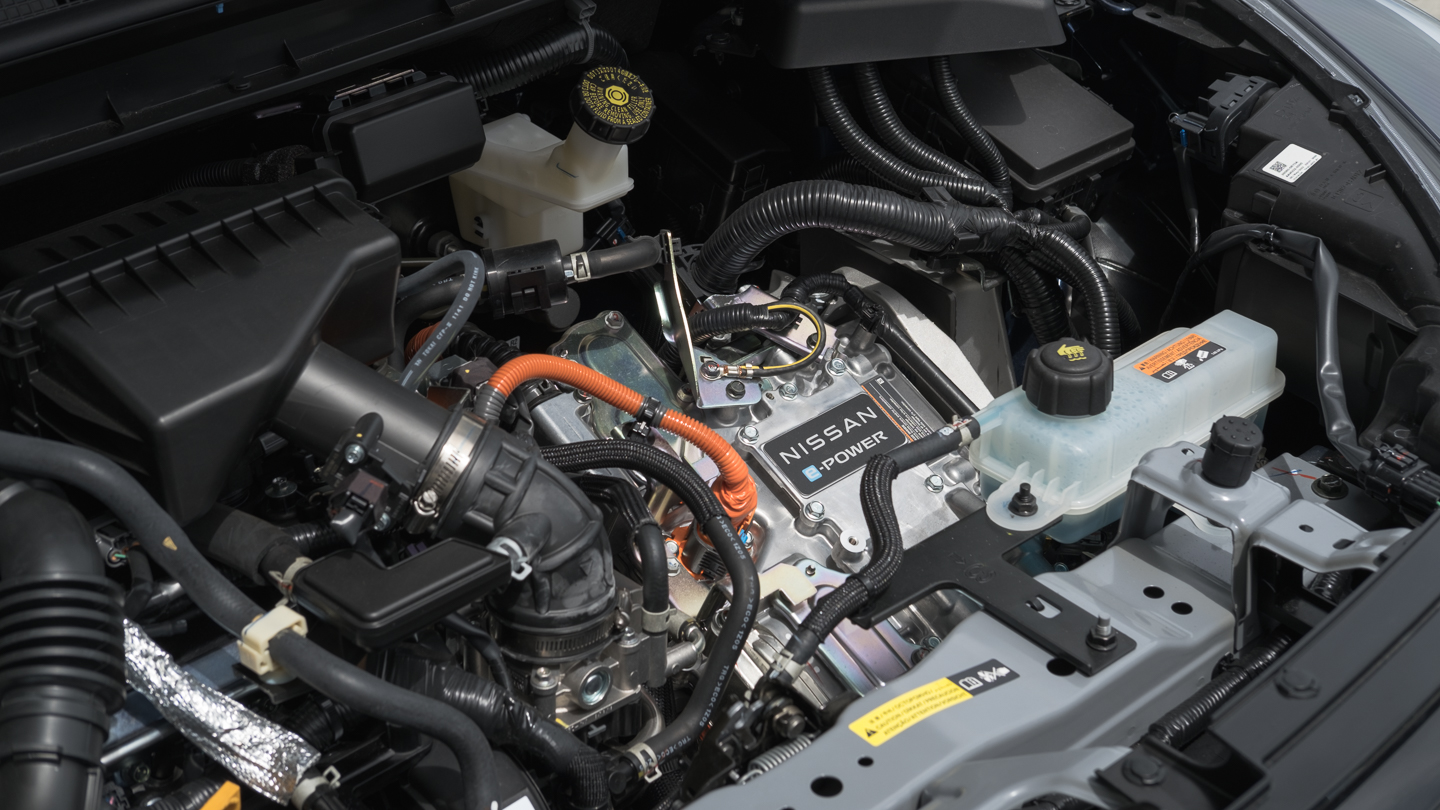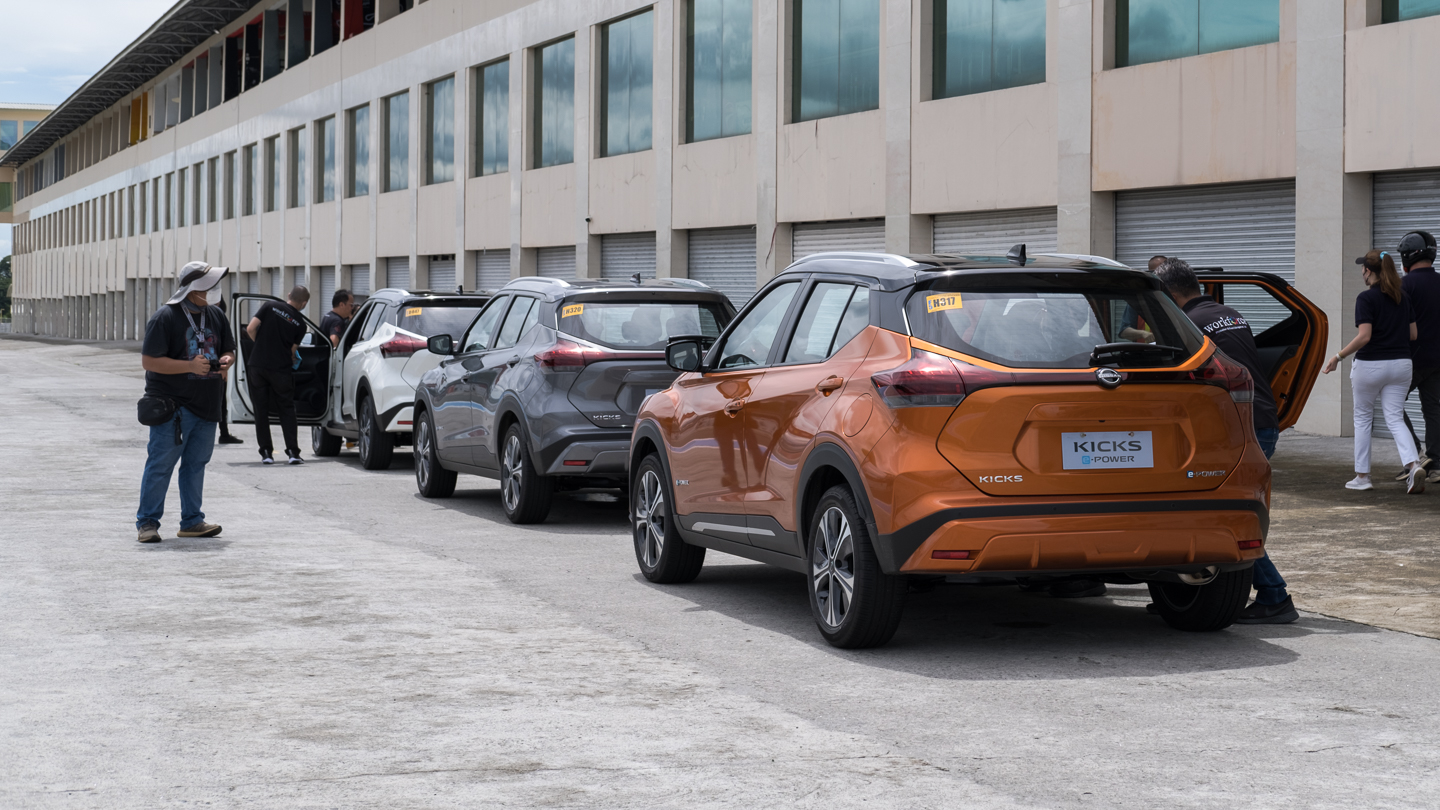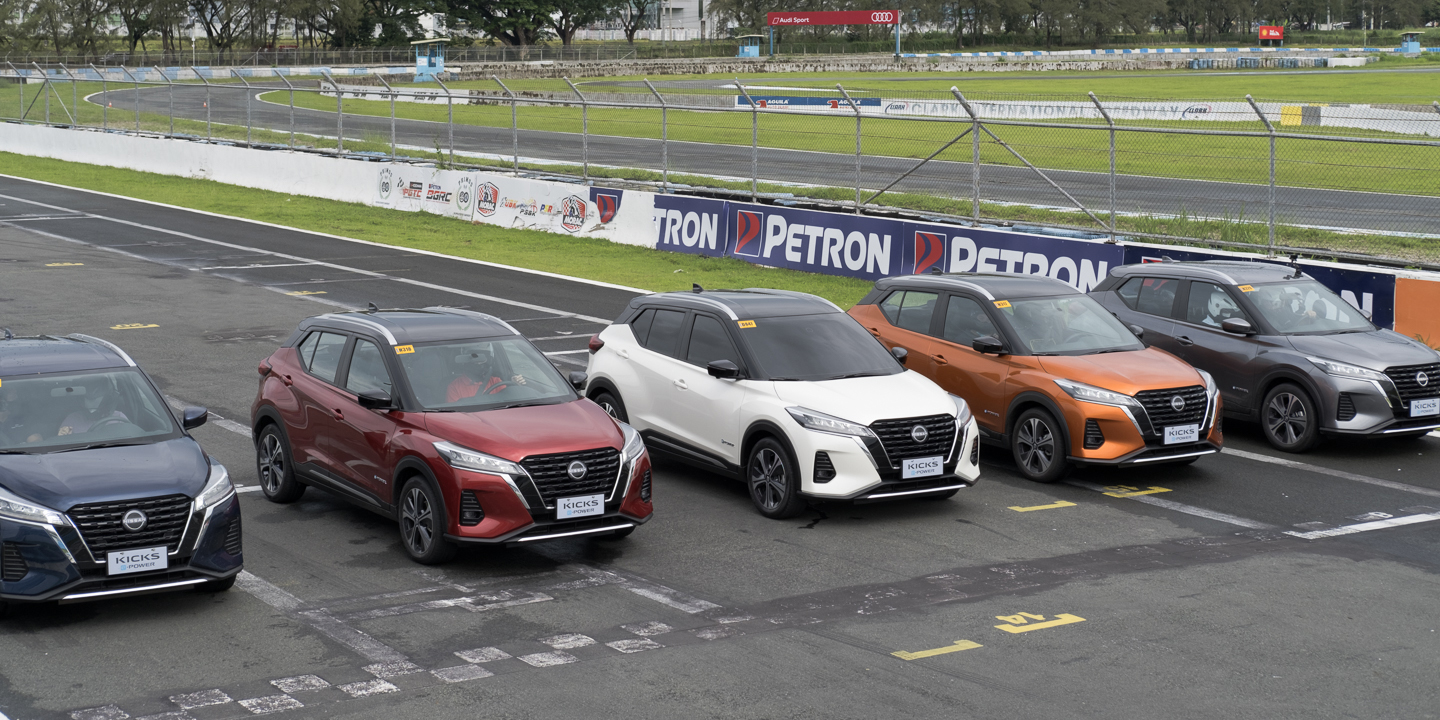
Ever since the Philippines took electrification seriously, there have been multiple interpretations of the Electric Vehicle Industry Development Act (EVIDA). Under EVIDA multiple things have been tackled when it comes to sustainable motoring, things like lower taxes for Hybrid Electric Vehicles (HEV) and Battery Electric Vehicles (BEV).
However, a more recent development has further created discourse and points of contention regarding local EVs, hybrid laws, and benefits. The Department of Energy has just classified the Nissan Kicks e-Power as a BEV. Here’s why that matters.
Nissan gets BEV classification for Kicks e-Power
It was already explained and reported earlier in another article on the specifics of EVIDA allowing for such a change in classification. I’ll try to explain it in simpler terms, terms that even I will understand.
Under EVIDA, a vehicle classified as a BEV must be propelled solely by a battery electric source, meaning no fossil-fueled power unit can power the vehicle forwards, backward, sideways, etc. These BEVs are the true electric vehicles on the market, such as the IONIQ 5 and 6, BYD vehicles, and the Nissan Leaf. These BEVs also have in a true sense zero emissions capabilities, meaning they don’t produce carbon dioxide gasses that exit a tailpipe.

Now, the Nissan Kicks e-Power has always been a curious case ever since its launch. The brand has maintained the tagline “Gasoline Charged, Electric Driven”, which simply translates to the fact that the gasoline engine in the Kicks purely charges the electric battery and motor, which in turn, is what drives the wheels of the Kicks e-Power system. The gasoline engine found under the hood of the Kicks is a generator and the generator alone, it has no way of actually powering the vehicle. That is done by the battery electric motor only.
With that in mind, the e-Power technology found in the Kicks gave it an advantage that no other hybrid has. You see, the Kicks in reality is a hybrid electric vehicle (HEV) because it still has emissions that come out of the vehicle’s exhaust system. These emissions are produced when charging the battery electric motor that moves the e-Power vehicles.
Other mainstream brands like Toyota, Honda, and others don’t do hybrids like the e-Power does, other brands’ hybrids use both electric and gasoline units to power the vehicle.
Locally, EVIDA has a loophole, there are no stipulations to classify a BEV as a vehicle that needs to be charged or plugged in to get power. EVIDA only tackles the means of propulsion, an HEV is classified as a vehicle that uses both gasoline and electric means to move, and a BEV is classified as a vehicle that is driven purely by an electric motor. EVIDA never said that a gasoline engine cannot provide the charging power for an electrically driven vehicle.
Therein lies the sweet loophole that Nissan fantastically argued to get a BEV classification for the series hybrid Kicks e-Power.

What now?
Opinions can and will surely be made about this bombshell information, but what is certain is that EVIDA needs some sort of rework. As I mentioned, debates have broken out about EVIDA since its conception. Specifically the no coding argument, wherein brands and some owners have tried to classify mild hybrids as part of the exemption. That’s a whole different case, but it’s just an example of how confusing EVIDA is.
My personal opinion on the Kicks BEV classification is simple, it has pros and cons. The pros to the argument are that there is a possibility that the Kicks along with other future e-Power vehicles could benefit from 0% excise tax, (HEVs get 50%). This means a possible price drop for the Kicks and favorable pricing for future e-Power vehicles that could severely undercut the competition.
Nissan, as a brand, is very much invested in an electrified future. When I was part of their media delegation attending the Japan Mobility Show (JMS), we were told over and over again how e-Power and true Nissan EV technology are their ways forward. e-Power will serve as the “gateway drug” for developing countries like the Philippines. Making the Kicks a BEV allows the brand to further drive home the point that Nissan is at the forefront of electrified mobility technology.
The cons are mainly the interpretation and specificity of the EVIDA law, it may seem like the automaker “duped” or pulled a fast one on consumers and the competition, but in reality, the interpretation of the law allows them to do so. It just so happens that they developed a hybrid propulsion system as complex and groundbreaking as the e-Power.
I can imagine that counter-arguments are being formulated and made by the competition behind closed doors, but the fact remains that a huge advantage has been awarded to Nissan courtesy of the end-all-be-all Government.
From a consumer standpoint though, education must be done properly. As mentioned, the Kicks e-Power is a series hybrid electric vehicle. IT STILL HAS EMISSIONS, a telltale sign is that the Nissan Leaf EV has a zero-emissions badge, but the Kicks doesn’t, not to mention the Kicks has a tailpipe. And yet, both are now classified under the law of EVIDA as the same type of vehicle.
It is not my place to hand judgment towards the brand or the Government, I am merely thinking aloud about how this bit of news impacts local BEV and HEV mandates, and ultimately the consumers. I would personally like to see Nissan fully exert effort in using the 0% excise tax benefits of BEVs and making e-Power vehicles more affordable.
Only time will tell how long this classification stands (if it does hold up), the law is the law. This could only truly benefit the eventual evolution of EVIDA as our country slowly embraces electrified mobility. Rules and laws are always scrutinized and interpreted, in this case, Nissan successfully won the argument. I’m curious as to what else is on the horizon for future understandings and arguments the EVIDA law creates.


